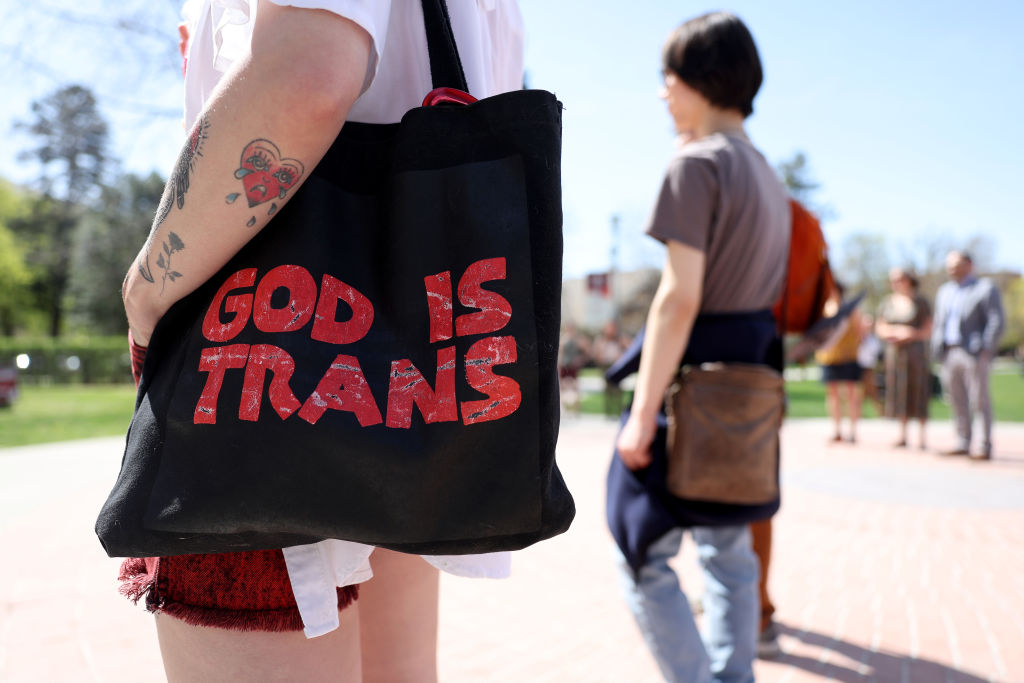Britain’s first transgender judge, Victoria McCloud, said she planned to sue the British government at the European Court of Human Rights (ECHR) following a UK Supreme Court ruling that defined “woman” and “sex” in the Equality Act as referring solely to “biological” definitions.
The now-retired judge McCloud argued that the ruling violated human rights by excluding the perspectives of transgender individuals, including herself, while ignoring the broader impact on the community.
She claimed the decision breached Article 6 of the European Convention on Human Rights, which guaranteed the right to a fair trial in civil and criminal matters.
The UK’s top court has upheld an appeal by a campaign group on whether transgender women were legally women under equality legislation, ruling that the law referred to a “biological woman and biological sex”. https://t.co/mDMvl9WlyY
— Brussels Signal (@brusselssignal) April 16, 2025
She claimed the Supreme Court refused to hear her views on how the ruling would affect her and other trans people.
McCloud, now a litigation strategist at W-Legal, told UK newspaper The Guardian on April 29: “The basis is that the Supreme Court refused to hear me, or my evidence, to provide them with information about the impact on those trans people affected by the judgment and failed to give any reasons.
“Those are two basic premises of normal justice. There were protest groups speaking on behalf of women in this court case, but ordinary women were not actually represented as a whole.
“The disabled were not represented, and now we’re seeing the Conservatives saying that trans people have got to use the disabled loos, which impacts the lives of disabled people,” she said.
“The impacts of all of this have not been dealt with.”
Under the Supreme Court ruling, transgender people with a Gender Recognition Certificate (GRC) can be lawfully excluded from single-sex spaces if that exclusion was “proportionate.”
McCloud said she felt “contained and segregated” in the aftermath of the ruling and subsequent guidance issued by the Equality and Human Rights Commission.
She described the outcome as a legal “nonsense”, stating that she was now considered “two sexes at once” — with her acquired female gender recorded on her birth certificate via a GRC but still defined as male under the Equality Act.
McCloud retired in 2024, citing increasing hostility and public debate that she said made her position untenable. She said she had been targeted for abuse and criticism in the wake of rising tensions around transgender rights.
Gender-critical campaigners have defended the ruling, arguing that biological sex remained a clear and necessary distinction in law.
A court in Vienna has ruled that Austria's public health insurance must pay for the removal of facial hair from a trans woman who was born as a biological man. https://t.co/OyRNFBIbb2
— Brussels Signal (@brusselssignal) March 19, 2025





